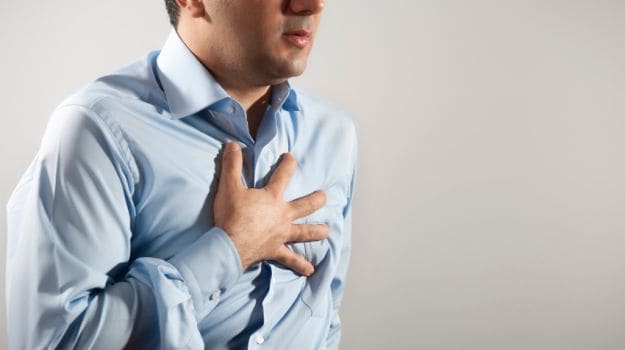The recent spate of deaths due to heart attack in Gujarat at Garba events during the Navratri has shifted the focus back to a possible link between COVID-19 infection and the cardiac health of those affected.
A COVID-19 infection may affect the artery wall tissue and the associated macrophages, a study by the National Institutes of Health said. “The findings suggest that SARS-CoV-2 may increase the risk of heart attacks and stroke by infecting artery wall tissue, including associated macrophages. This provokes inflammation in atherosclerotic plaques, which could lead to heart attack or stroke,” it added.
A study by the Indian Council of Medical Research, or ICMR, also pointed out that a COVID-19 infection may contribute to heart attacks and that those who have suffered a severe bout of the infection should not overexert themselves for at least a year or two.
At least 10 heart attack deaths were reported at Garba events across Gujarat in a day during Navratri and the youngest of the victims was just 17, prompting the state health minister, Rushikesh Patel, to call a meeting of health experts and cardiologists.
“The ICMR has conducted a detailed study according to which those who have suffered from severe COVID-19 infection should not overexert themselves. They should stay away from hard workouts, running, and strenuous exercises for a short time, say a year or two, to avoid heart attacks,” he said.
The Union Health Minister Mansukh Mandaviya cited the ICMR report as he urged people not to overexert themselves if they have had a Covid infection in the last one or two years. Speaking about the country’s healthcare ecosystem, Mr Mandaviya said, “We follow a holistic and inclusive approach.”
Addressing how the healthcare infrastructure scrambled to treat patients during the pandemic, Mr Mandaviya said, “We are expanding the health infrastructure and are promoting traditional systems of medicine.”
An AIIMS study underlining India’s cardiac crisis said that only 10 per cent of patients with cardiac emergencies make it to the healthcare facilities within an hour. “55% of them delayed hospital visits to understand what had happened, while around 20-30% found it difficult to arrange a vehicle or the money for treatment.
